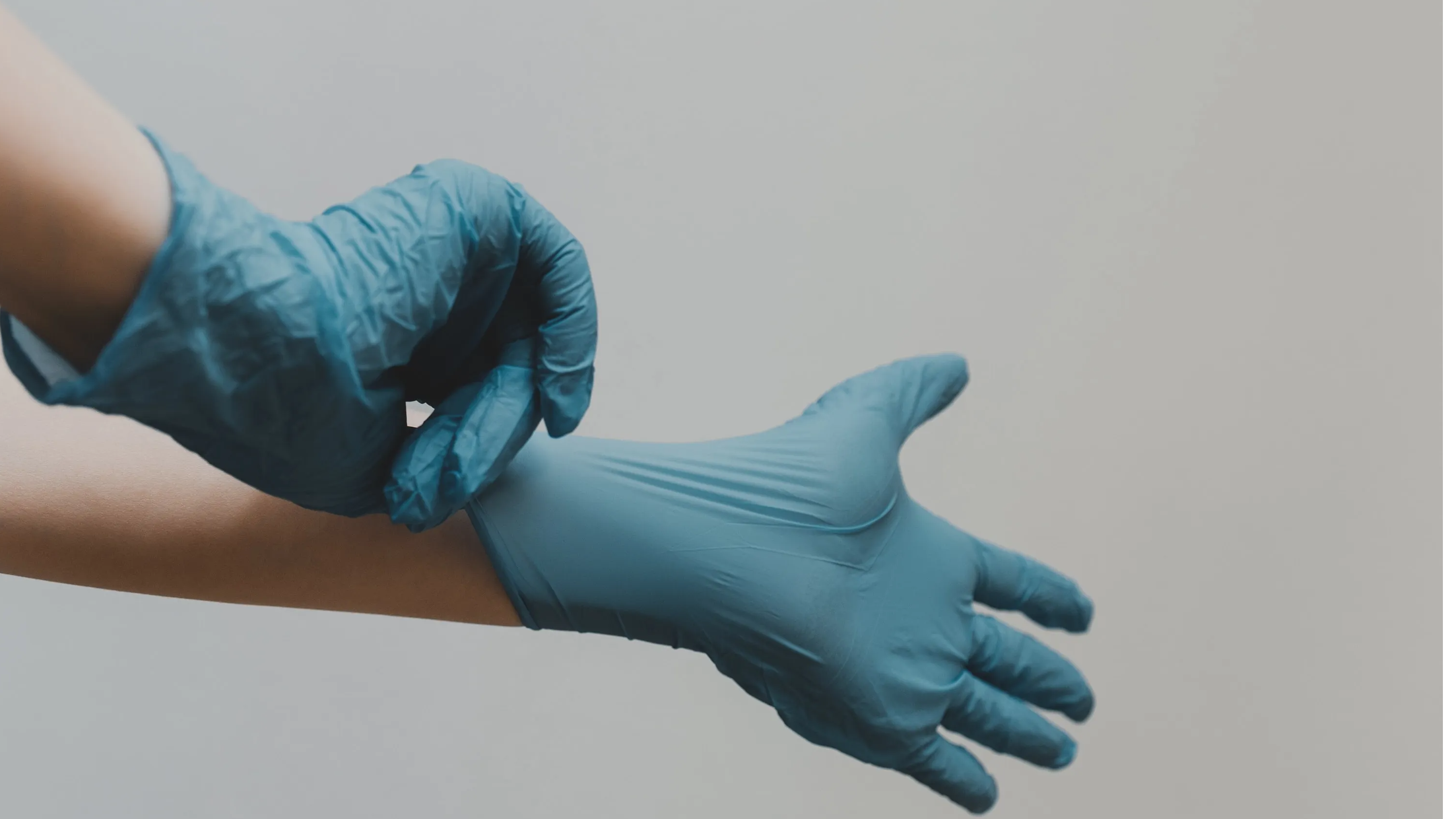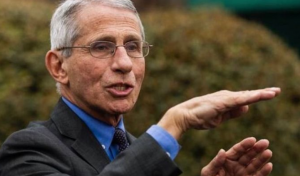Algeria on Saturday launched its coronavirus vaccination campaign starting from where the virus spread in the country, in the northern city of Blida.
Algiers announced that it had received a first shipment of the Russian Sputnik V vaccine on Friday, having informed in late December that it had ordered 500,000 doses from its long-time ally Moscow.
Health Minister Abderrahmane Benbouzid said the country was working to acquire sufficient vaccine doses to immunise all of Algeria’s 44 million people, the official APS news agency reported.
The vaccination campaign will be carried out in “phases” across all regions, “without exception”, he was quoted as saying by APS.
Also read: EU backtracks on decision to block vaccine export to Northern Ireland
Some 8,000 health centres have been mobilised to roll out vaccinations, starting with medical workers, the elderly and people with chronic health conditions.
From Sunday, security and civil protection personnel, workers in the education sector, religious leaders, politicians and journalists will also start to receive the jab.
The campaign kicked off at a clinic in Blida province, which was hard hit by the virus after Algeria’s first infection was recorded there in a citizen travelling from France.
The country has since recorded 2,888 deaths from COVID-19, as well as over 107,000 infections — including President Abdelmadjid Tebboune, who was hospitalised in Germany for two months from late October after contracting the disease.
Algeria is also expecting a first shipment of the vaccine developed by Anglo-Swedish pharmaceutical giant AstraZeneca on Sunday, and has also procured doses of vaccines from China and India, according to Communications Minister Ammar Belhimer.
Authorities on Saturday also decided to ease coronavirus measures by lifting a curfew in 10 provinces.
Also read: Australian Open organisers say up to 30,000 spectators to be allowed per day
However, in 19 provinces, a curfew between 8 pm and 5 am remained in force, with markets, sports halls and recreation centres closed.
Algeria, the largest country in North Africa, closed its borders on March 17 and has yet to reopen them.







